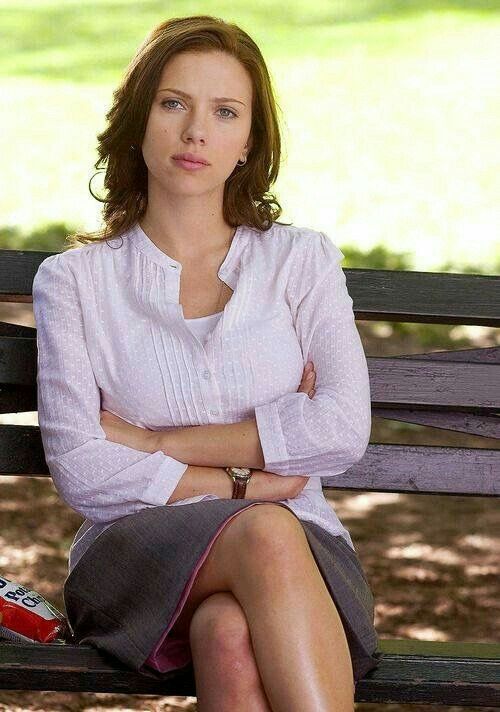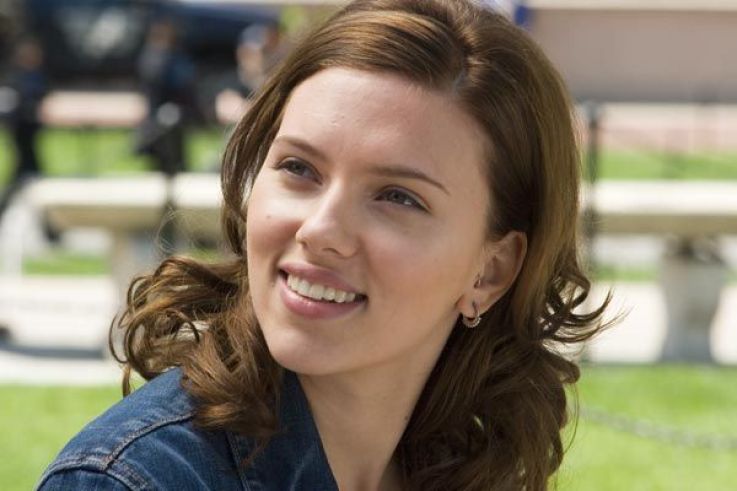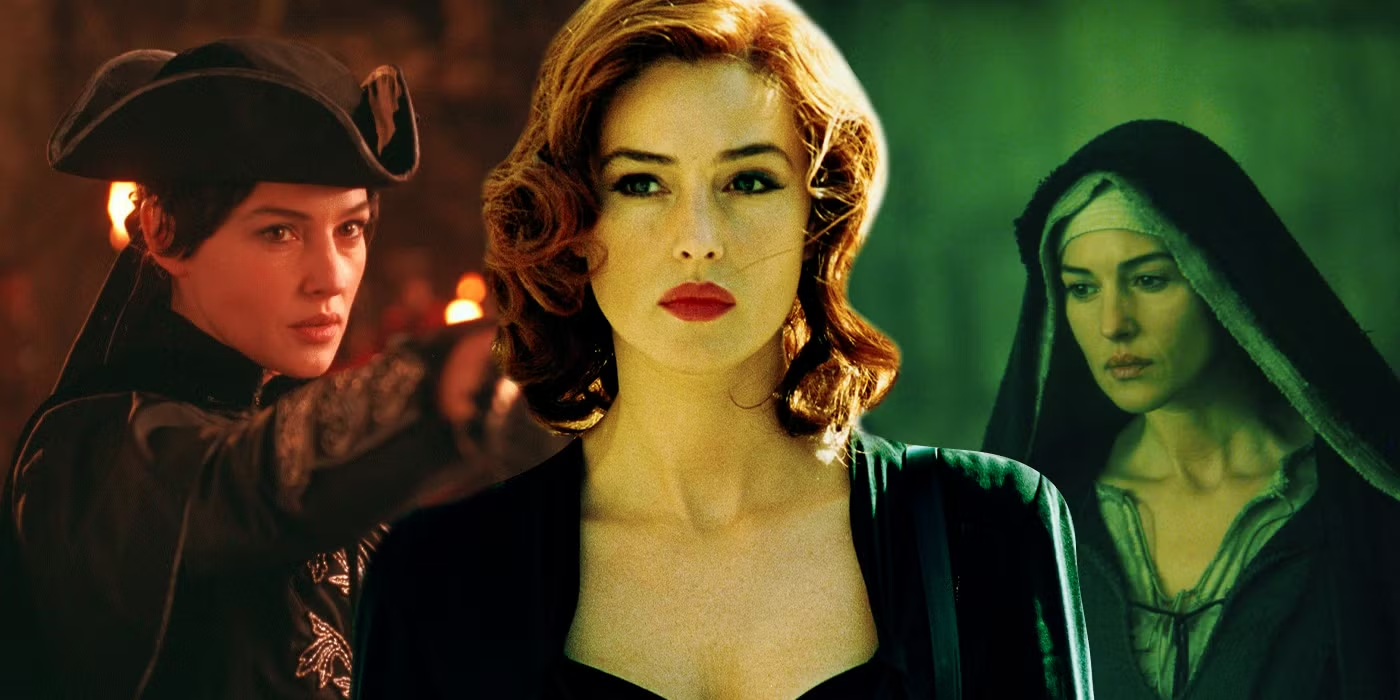When most people think of Scarlett Johansson, blockbuster hits and red carpet glam come to mind. From her badass role as Black Widow to her award-nominated performance in Marriage Story, she’s carved out a reputation as one of Hollywood’s most versatile stars. But before the global fame and billion-dollar franchises, Johansson quietly shined in a charming and often overlooked comedy-drama—The Diary of a Babysitter.
If you’ve never heard of it, you’re not alone. This low-key indie gem tends to fly under the radar. But those who stumble upon it are treated to a bittersweet, intelligent, and quietly powerful story that blends humor, ambition, and coming-of-age themes—all told through the wide eyes of a sharp young woman navigating the chaos of upper-class dysfunction.
A Quiet Storm in a Glamorous Zip Code
Set against the shimmering facade of New York’s elite, The Diary of a Babysitter introduces us to Johanna (played by a young and captivating Scarlett Johansson), a recent high school graduate who accepts a summer babysitting job while figuring out her future. It sounds simple. It’s not.
Johanna isn’t your average babysitter. She’s an aspiring writer, observant and self-aware, who documents every encounter with her employers in the titular diary. Her clients are far from picture-perfect. Think designer dysfunction—married couples who throw elegant cocktail parties while their marriages fall apart in slow motion. Every glance, every whispered conversation, and every ignored child becomes an entry in Johanna’s inner world, penned with a mix of sarcasm, heartbreak, and teenage idealism.
This film is less about plot twists and more about the slow unraveling of adult façades through the lens of youth. The comedy? Sharp. The drama? Understated but cutting. And Johansson’s performance? A subtle tour de force.

Scarlett Johansson Before the Spotlight Got Brighter
The Diary of a Babysitter offers a fascinating look at Johansson before the full blast of superstardom. She isn’t playing a femme fatale or a sci-fi icon here. She’s real. Grounded. Relatable.
There’s a quiet confidence in her portrayal of Johanna. It’s the type of role that doesn’t scream for attention—but commands it. With minimal dialogue, Scarlett communicates more with a look or a pause than many actors do with an entire monologue. Her Johanna is disillusioned yet curious, aloof yet deeply affected by the lives she observes.
At times, you see glimpses of the poised, powerful woman Johansson would become. But in this role, she’s still tethered to the uncertainty of youth, floating somewhere between idealism and the hard truths of adulthood. It’s that tension that gives the film its emotional pull.
The Upper Class Through a Teen’s Eyes
This isn’t just Johanna’s story—it’s a subtle critique of the world around her. Through her diary, we witness wealthy couples consumed by status and scandal, more concerned with appearances than connection. Their lives are filled with beautiful things, yet desperately empty.
The writing is clever in how it balances these observations. Johanna never comes across as bitter or self-righteous. Instead, she writes with a bemused detachment, as if watching a tragicomedy unfold in real time. Her commentary is razor-sharp but never cruel, and that balance keeps the film emotionally grounded.
In many ways, The Diary of a Babysitter is a mirror. It holds up a reflection of success that’s shallow, relationships that are performative, and aspirations that are misdirected. It asks you to see what Johanna sees—and then feel what she feels: the disappointment, the curiosity, and sometimes, the quiet hope that maybe her path will be different.
A Time Capsule of Indie Film Charm
Stylistically, the film leans into indie aesthetics. Soft lighting, long silences, and a gentle pace allow the story to breathe. The cinematography is intimate, often framing Johansson in moments of observation—watching, listening, writing. These shots reinforce her role not just as a character in the story, but as its narrator, editor, and silent judge.
The soundtrack complements the mood perfectly—melancholic but not depressing, poetic without being pretentious. It’s the kind of score that makes you want to sit in a café and write your own diary entry, wondering about the lives of the strangers around you.
And while the film was never a box office darling, it has that quiet staying power. It’s the movie you discover at 2 a.m. on a streaming service, only to find yourself thinking about it for days afterward. It lingers.
Why It Still Matters Today
In a world of loud blockbusters and fast-paced content, The Diary of a Babysitter reminds us of the beauty in stillness. It champions introspection over spectacle, character over chaos. And in Scarlett Johansson, it gives us a lead who feels like someone you might actually know—or might’ve been.
The film also taps into a timeless experience: the strange, in-between summer after high school. You’re technically an adult, but still stuck in other people’s worlds. You’re paid to smile, be polite, and fade into the background—but inside, your thoughts are on fire.
For anyone who’s ever felt like an outsider looking in, The Diary of a Babysitter hits a very specific emotional note. It reminds us that sometimes, watching and waiting is a powerful form of becoming.

Final Thoughts: A Diary Worth Reading
If you haven’t seen The Diary of a Babysitter, add it to your list. It’s not flashy. It doesn’t shout. But it has heart, wit, and a young Scarlett Johansson at the helm of a beautifully quiet storm.
You’ll laugh at the absurdities of the adults Johanna works for. You’ll nod along to her sharp diary entries. And by the end, you might find yourself reflecting on your own journey—how we all start as observers before we become the authors of our own lives.
So, next time you’re in the mood for something different, something thoughtful, open up The Diary of a Babysitter. You might just find a version of yourself in its pages.


